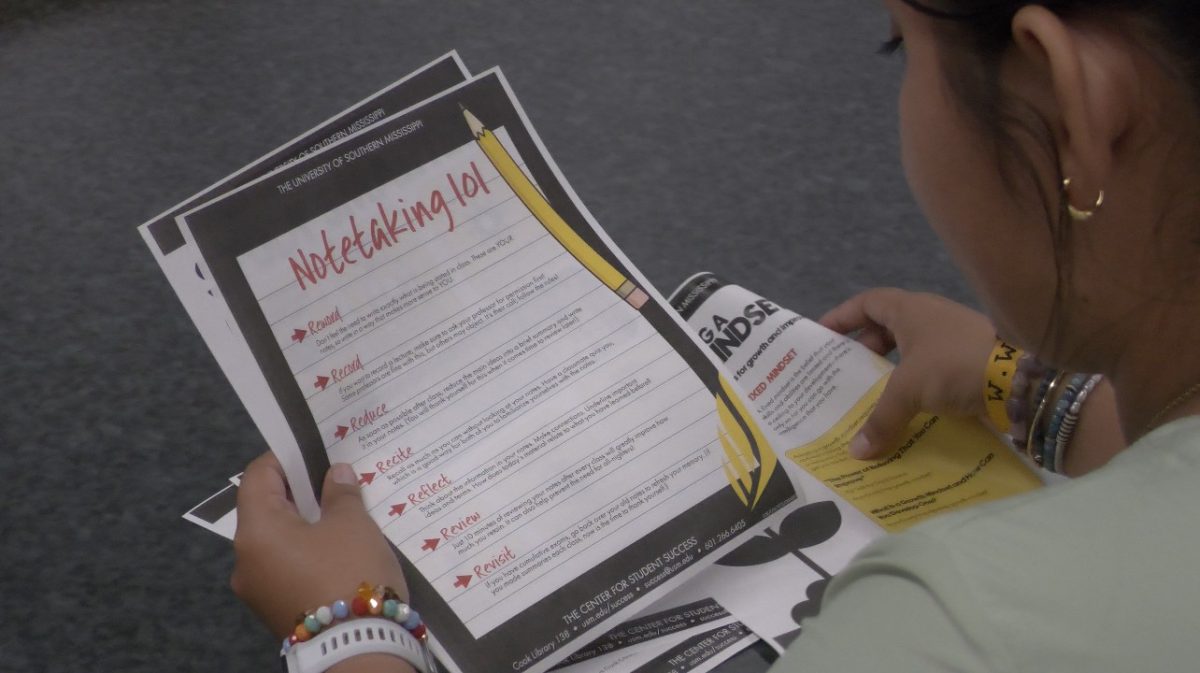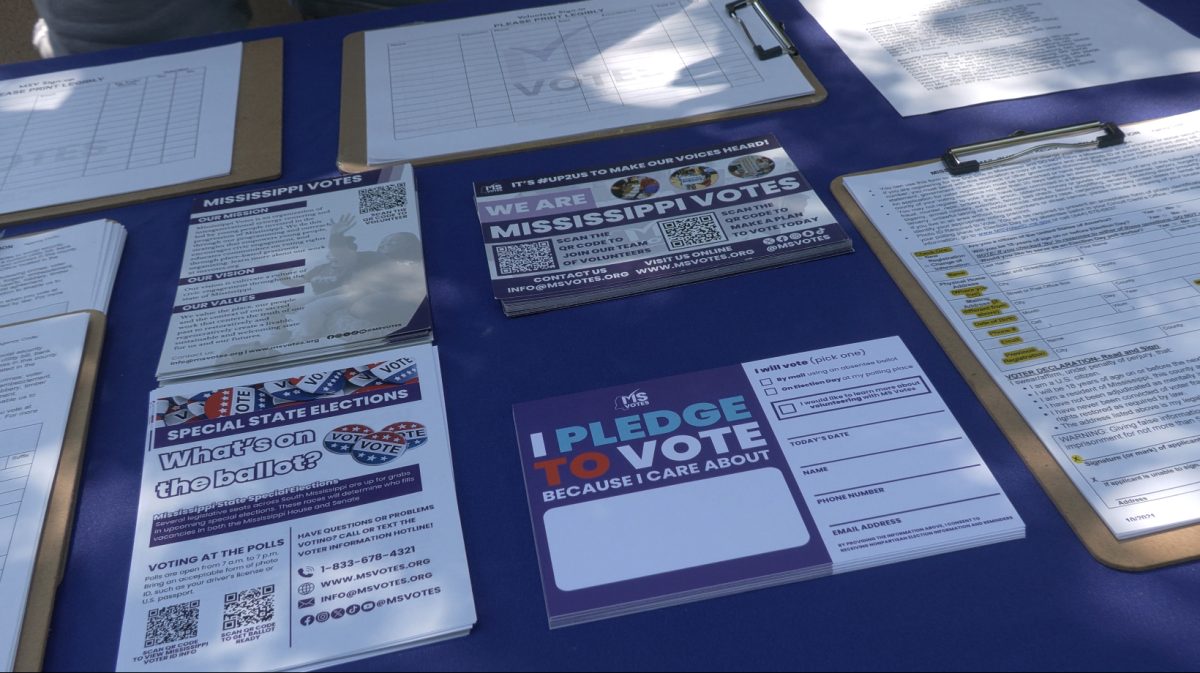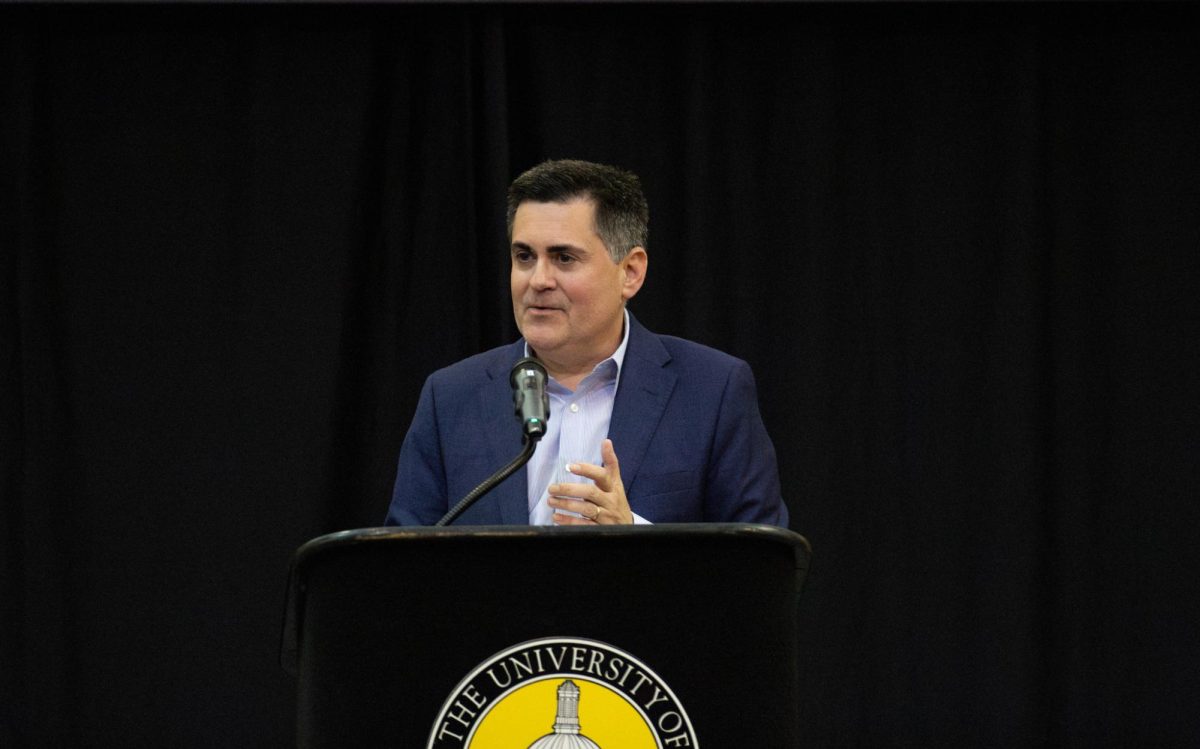According to the Forbes’ article “Six Reasons Why Your College Major Doesn’t Matter,” what students choose as their major does not have a great impact on their career opportunities or success.
The article includes studies that report 85 percent of 2015 graduates researched their major before coming to college and chose their majors accordingly. Many employers only require that applicants have a degree, but no specifications on what kind. Only 27 percent of college graduates work in a field of their major. Despite this, some students chose to increase their odds of employment by pursuing two degrees.
Senior Alexis Sanders chose to major in both biochemistry and molecular biology because she was unsure about what she wanted to do. She changed her initial major, which forced her to be a semester behind.
“I’ve already accepted my fate as a lifelong learner,” Sanders said. “I have to stay an extra semester but I think that’s still a good deal because I’m getting two degrees (as well as) a minor, studying abroad and doing whatever else I wanted to do,” Sanders said.
Morgan Grace Milburn, senior English, Spanish and advertising major, started college with plans to be a double major.
“I’ve always been really interested in English, but I didn’t want to teach so I was interested in doing something else,” Milburn said. “So, I thought advertising would go well with that, and I find it interesting. I thought it could go well with the copyrighting part of advertising.”
After deciding she wanted to study abroad in Spain, she added Spanish as a major because she had taken enough credits to meet the requirements Allysa Cole found herself in a similar situation after studying abroad in Spain. Cole, a senior broadcast journalism and Spanish major, said the two majors will increase her employability.
“I decided to do double major because I knew that I would have more opportunities for jobs with two degrees,” Cole said. “If I can’t find a job in journalism, I know I can find a job in another country or in the United States as an English teacher teaching to Spanish speaking people or as a Spanish teacher for English speaking people.”
Having more than one major often leaves students with a more difficult undergraduate experience “I dont get to chose as many fun electives. All of my electives for one major are requirements for the other major, so I haven’t had as much chance to just kind of (think), ‘Oh, this seems interesting,’ and do that,” Milburn said. “I’ve had to take a few semesters over 19 hours, and that’s not the most fun.”
Cole agreed that obtaining two degrees takes much more effort. “It’s not difficult, but it’s not easy,” Cole said. “I would describe it as a challenge because it’s double the work, double the capstones, double the classes.”
Even with the challenges that come along with having more than one major, these students believe it will benefit them post-graduation.
“I’m trying to be the superhuman that medical schools want me to be,” Sanders said. “These are some of the things I have to do in order to get in.”
If a student’s ideal job requires a specific degree, choosing to be a double major increases their playing field in the job market.
“(Being a triple major) gives me a background into more fields, and I think that’ll be really useful when I go out into the job field because I’ll have an in-depth background in Spanish, English and advertising,” Milburn said. “So anything I want to go into I can.”
Beyond increasing job opportunities, pursuing more than one degree allows students the chance to explore more of their interests.
“I have a passion for journalism and Spanish, so it’s a good feeling to know I can conquer both,” Cole said. “I can be qualified and have the credentials do the things I love and maybe I can be a part of it in some kind of professional way.”
































